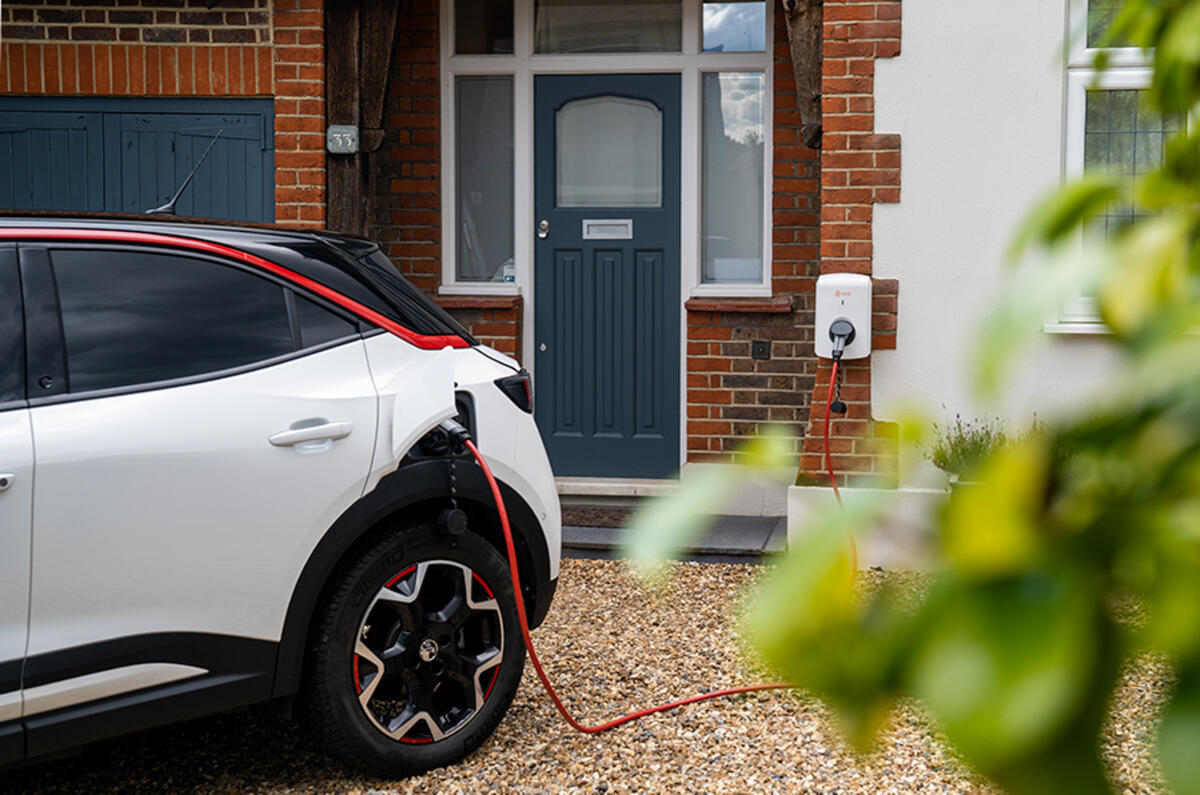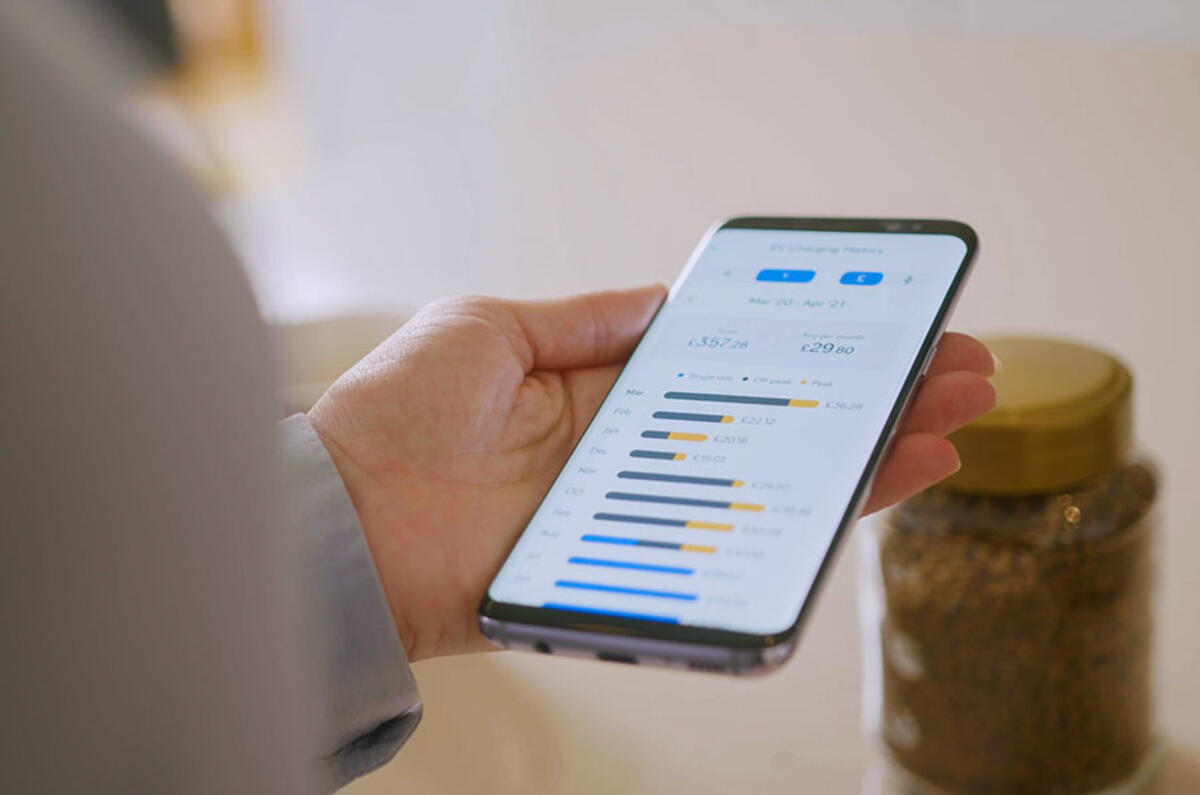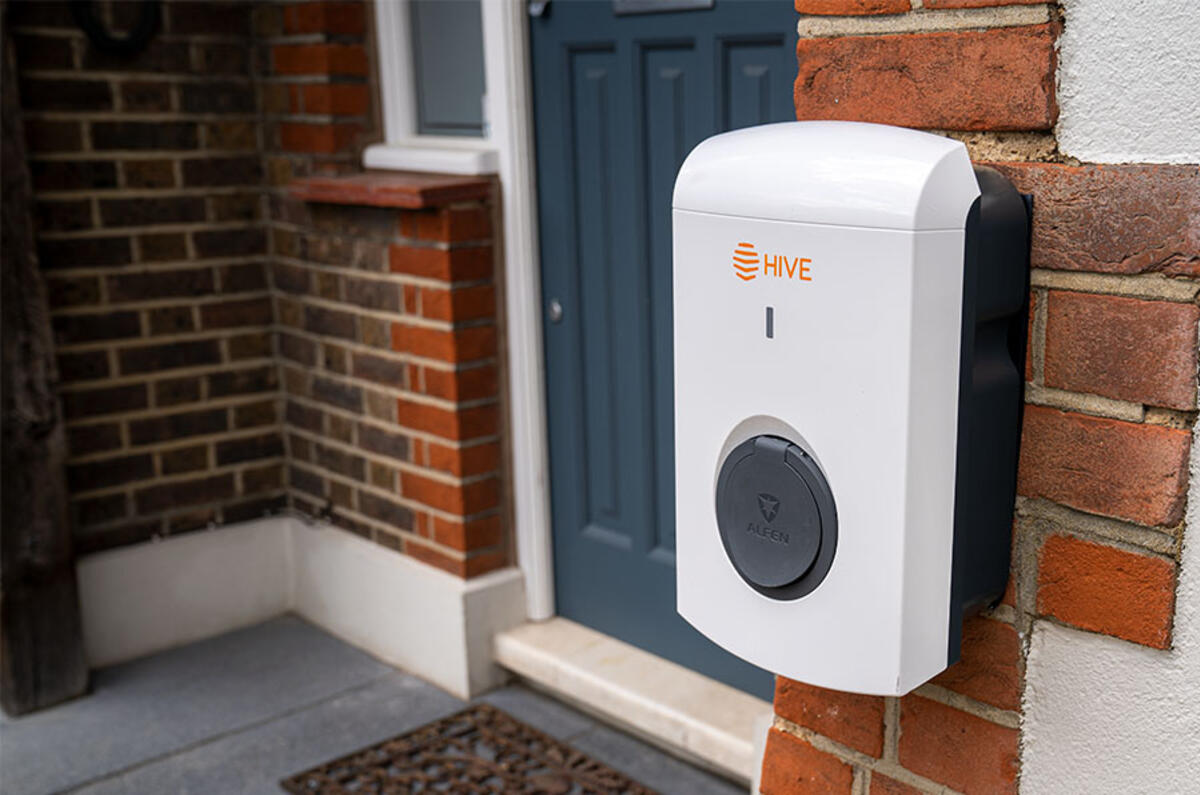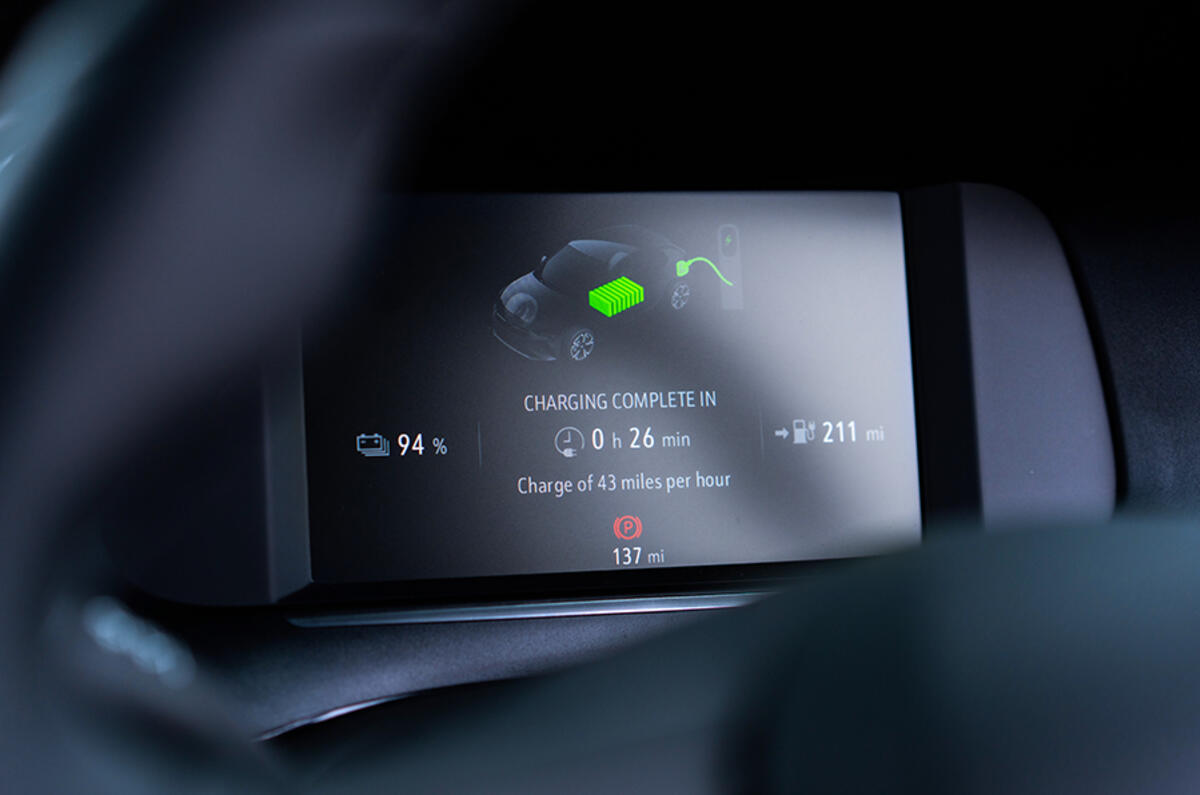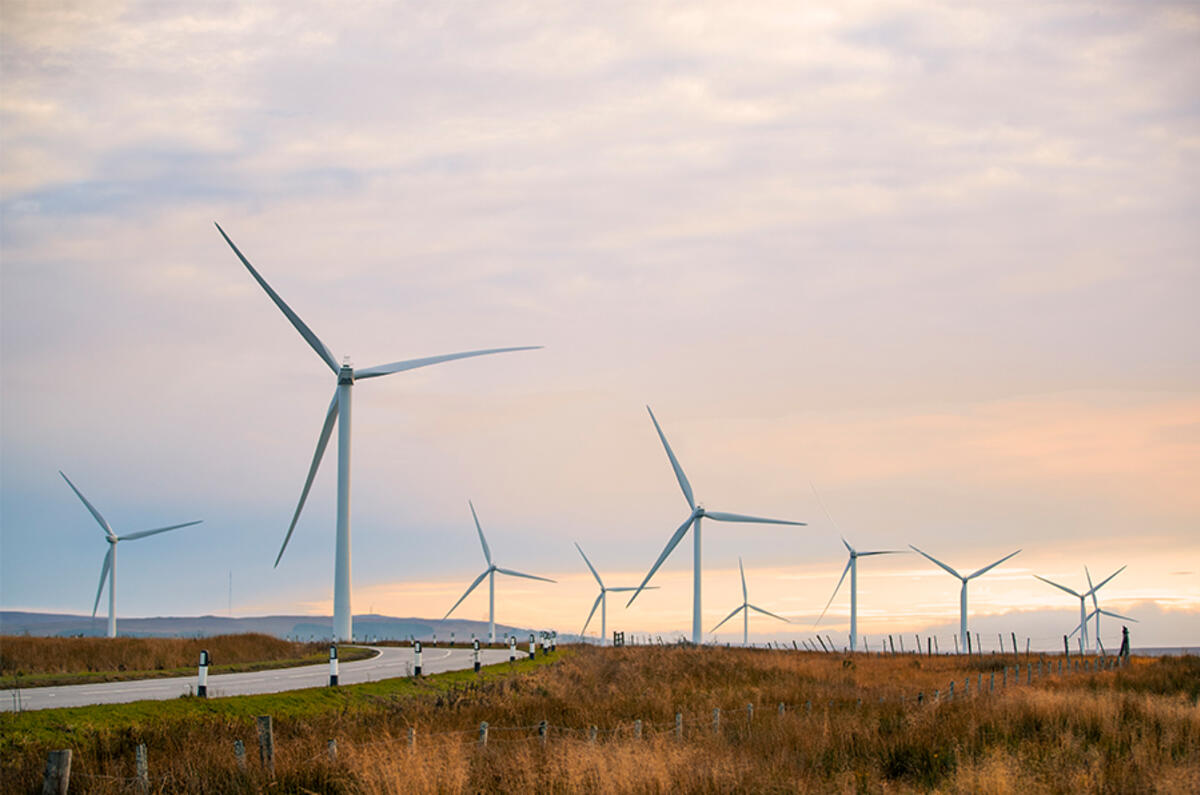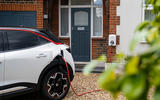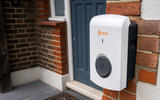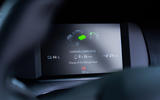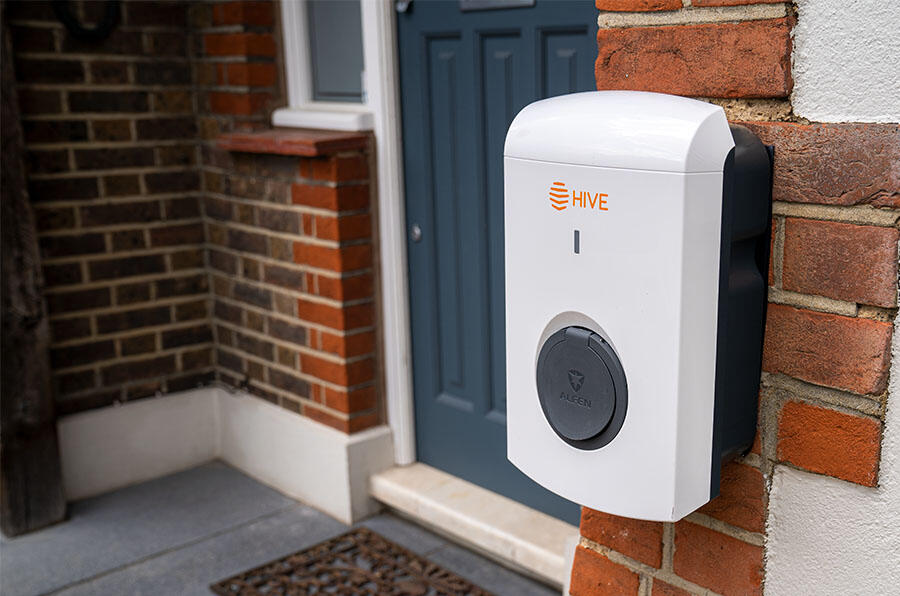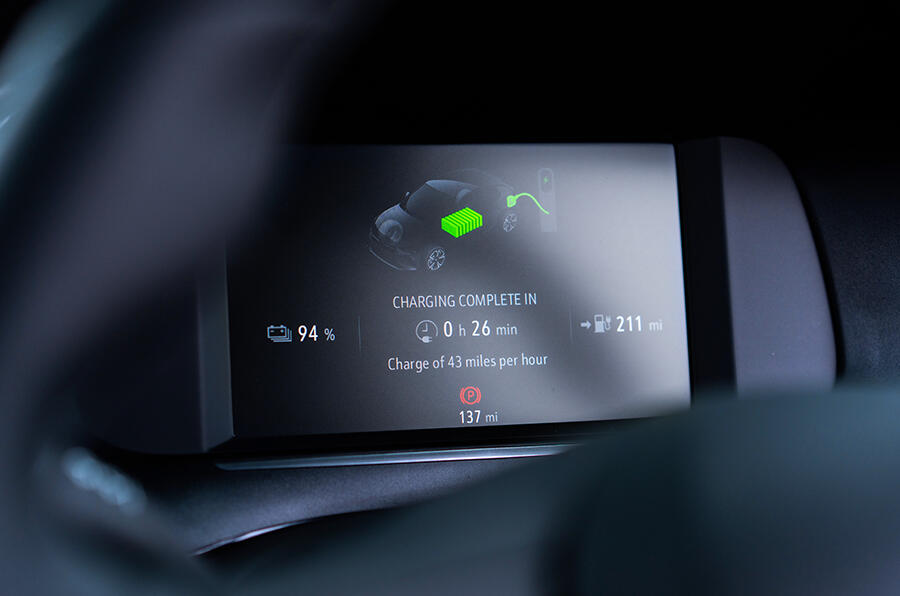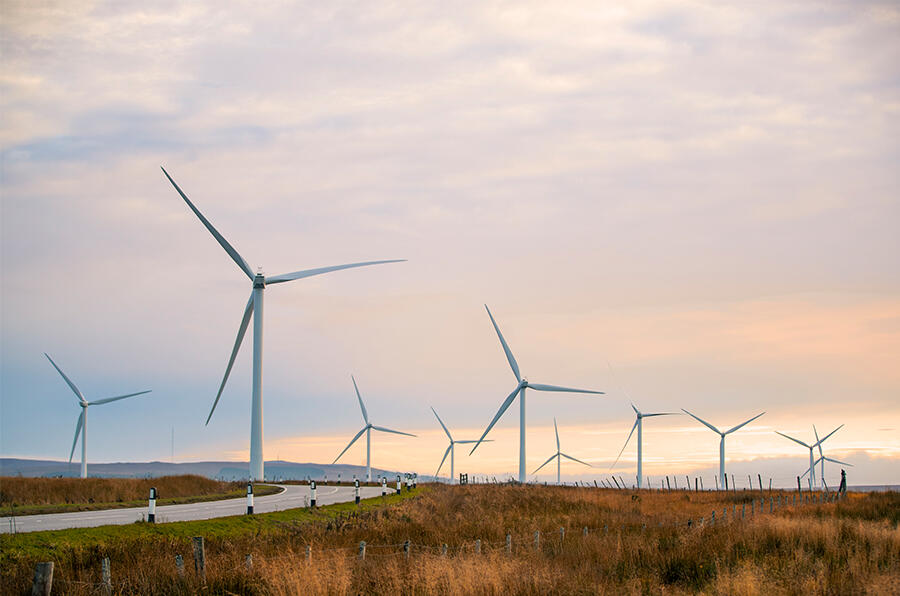The rising cost of living is at the forefront of everyone’s minds right now, and that’s particularly true if you own and run your own car.
Take the price of petrol, which – according to the RAC – has leapt from a low of around 105p per litre during the pandemic to over 188p per litre in early July 2022 – that’s an increase of more than 79%. As a result, the cost of filling a typical family hatchback’s 55-litre fuel tank has leapt from £58 to over £100, which could mean an extra £711 or more spent on fuel per year.
While it’s true that electricity prices have also risen by 54%, the comparable cost of electricity vs petrol per mile is dramatic: 17p per mile in a typical petrol family car vs 5p per mile in an equivalent electric car*. That’s 70% more for your money and yet another compelling argument for making the switch to electric. Now imagine how much more you could save on top of that if you simply charged at home?
That’s why we’ve partnered with Hive EV Charging, which is bringing even smarter thinking to home charging. It starts with a simple, cost-effective, all-in-one installation package which gets you up and running faster than you can say EV. Then, once you’re all set up, Hive’s award-winning smartphone app puts you at the centre of your own electric car charging hub, remotely tracking and controlling the status of your charging, helping you keep your costs down.
With smart home car charging, knowing when you’re charging, and how much it costs helps you to plan the right times to charge in the most cost-efficient way. But there’s more to home charging than that. So, here are all the reasons why smart home charging – and Hive EV Charging in particular – makes real sense, helping you cut your driving costs and lower your bills, both now and in the long run.
Find out more about how Hive EV Charging can help you cut your electric driving costs
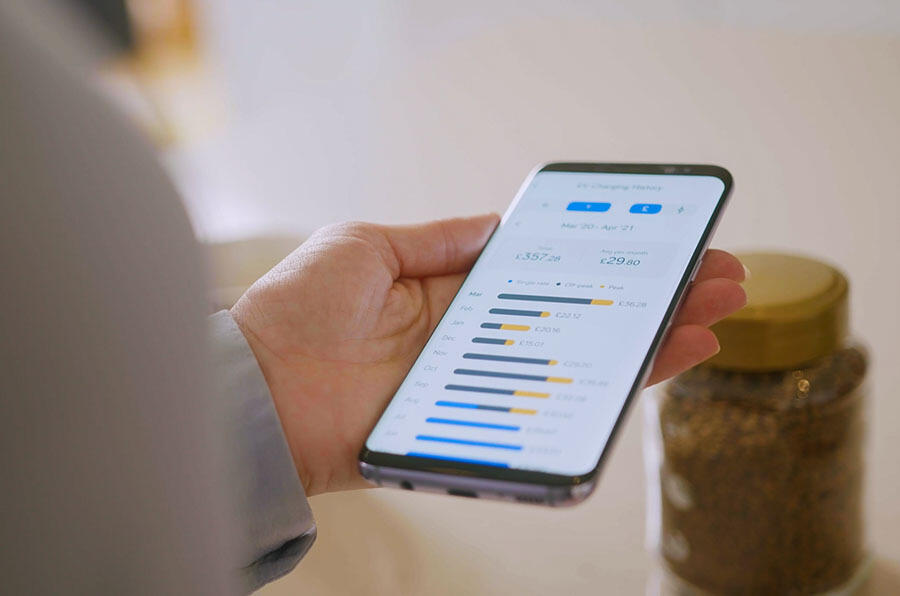
Time earned is money saved
First, why charge an electric car at home when you can charge on-the-go? After all, the UK’s charging network offers 32,000 charging devices at nearly 20,000 locations, and those numbers are continuing to grow fast. Well, ever heard the phrase ‘time is money’? It all comes down to cost and convenience.
The faster the charger, the more expensive it is to use, with rapid and ultra-rapid charging prices costing considerably more than home energy rates. Then there’s time. First, you’ll have to interrupt your journey or add in an extra stop or diversion to find a charger. If you’re really conscious of cutting costs, you might waste more minutes and miles hunting out the chargers with the cheapest rates. Equally, driving to a charger means you’re actually burning energy (and spending money) to buy more charge. Now you’ve thought about it, it seems ludicrous.

